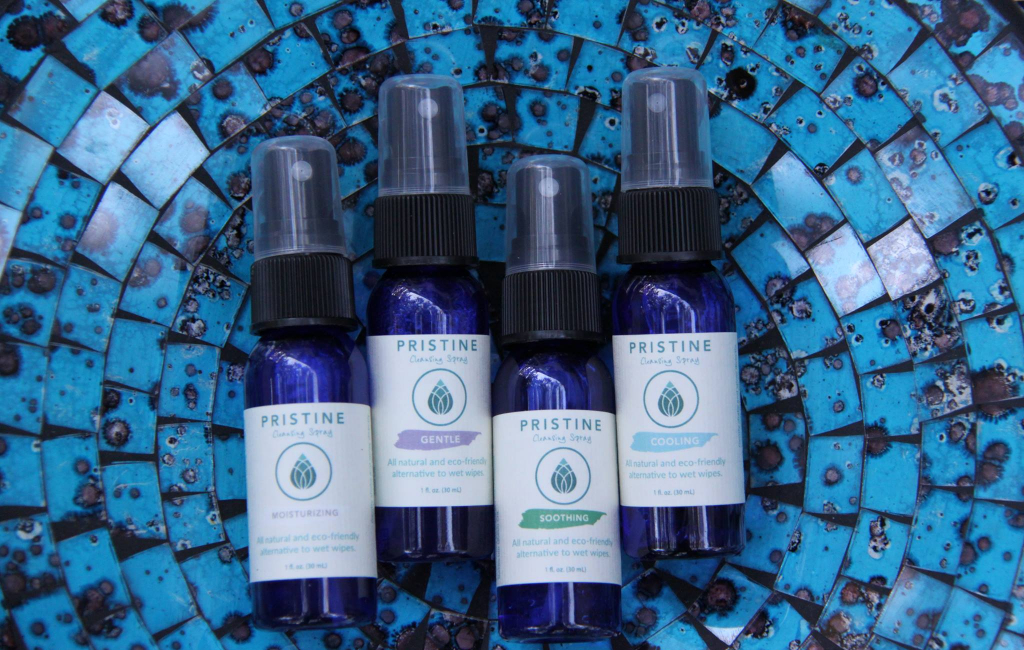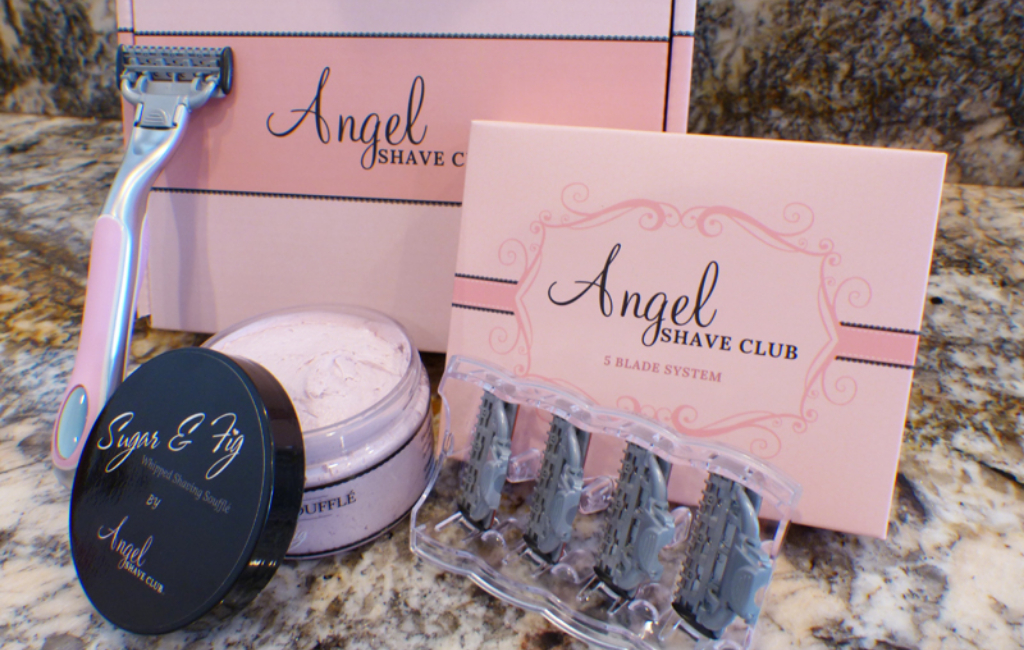Uniform + 1 Clothing Subscription Service
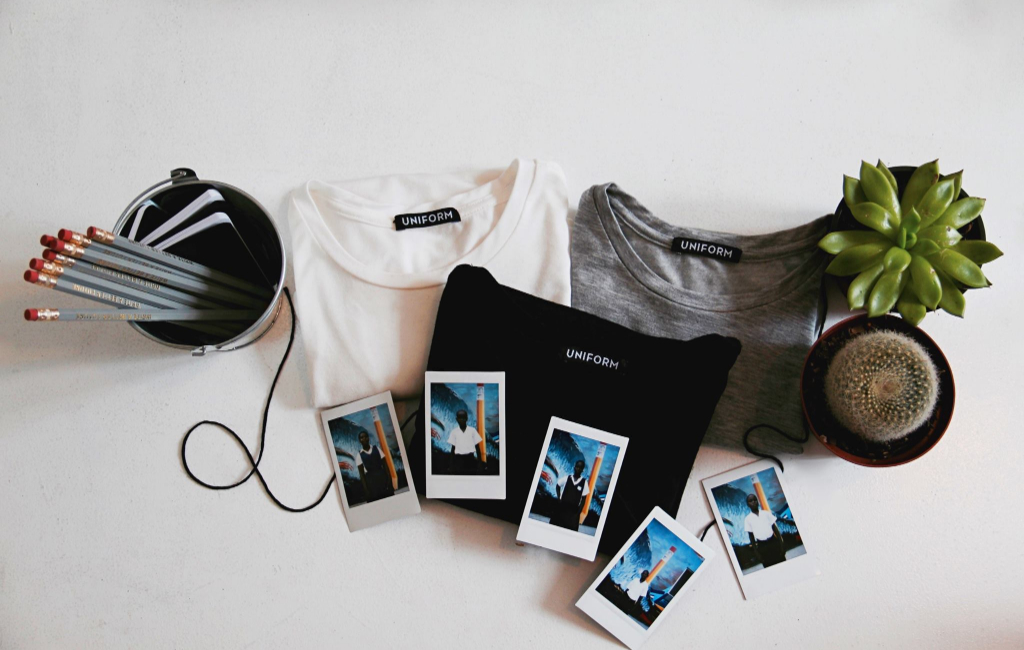
NO DEAL
EPISODE SUMMARY
🕓 Air Date: January 13, 2019
Asking For:
$300,000 for 10%
Investor:
No Deal
Deal:
No Deal
PRODUCT SUMMARY
Uniform is an ethical streetwear brand on a mission to reshape the fashion industry with minimalist hip hop-infused designs, 100% made in Africa, and for each purchase, they donate a school uniform to a child in need.
WATCH HERE
IN A RUSH?
Click these to jump to the section you want to read.
Background Story
Uniform, the brainchild of entrepreneurs Chid Liberty and Adam Butlein, is not just a clothing brand; it’s a narrative woven with resilience, social responsibility, and a commitment to change. Chid Liberty, originally from Liberia, and Adam Butlein, a friend from Milwaukee, embarked on a transformative journey that led to the creation of Uniform. Their story begins with the establishment of Liberty & Justice, a company focused on manufacturing in Africa. Chid, driven by a desire to provide jobs to women in post-war Liberia, collaborated with Adam to establish the first fair-trade certified factory on the continent.
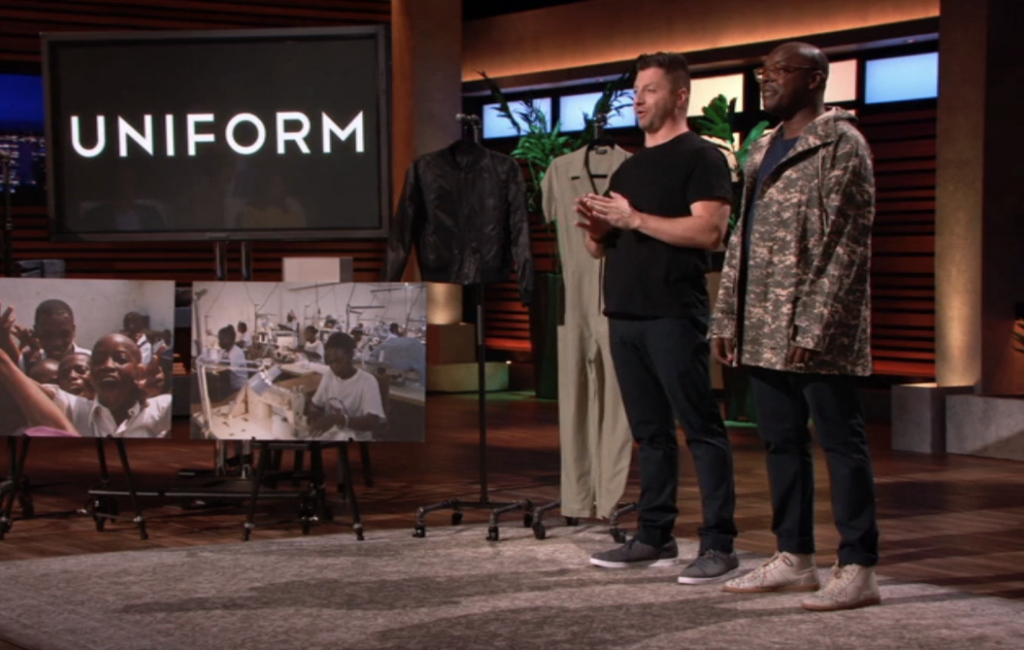
The business was thriving until the unforeseen challenge of the Ebola Outbreak in 2014. The epidemic forced the company to halt operations, leaving them with warehouses full of fabric and a commitment to thousands of workers’ well-being. Amidst the turmoil, the founders faced the daunting task of redefining their mission. This challenge birthed the idea of repurposing excess fabric into school uniforms, addressing a critical need in developing regions. MIT research underscored the impact of school uniforms on attendance and the delay of early pregnancies, providing the impetus for their visionary project.
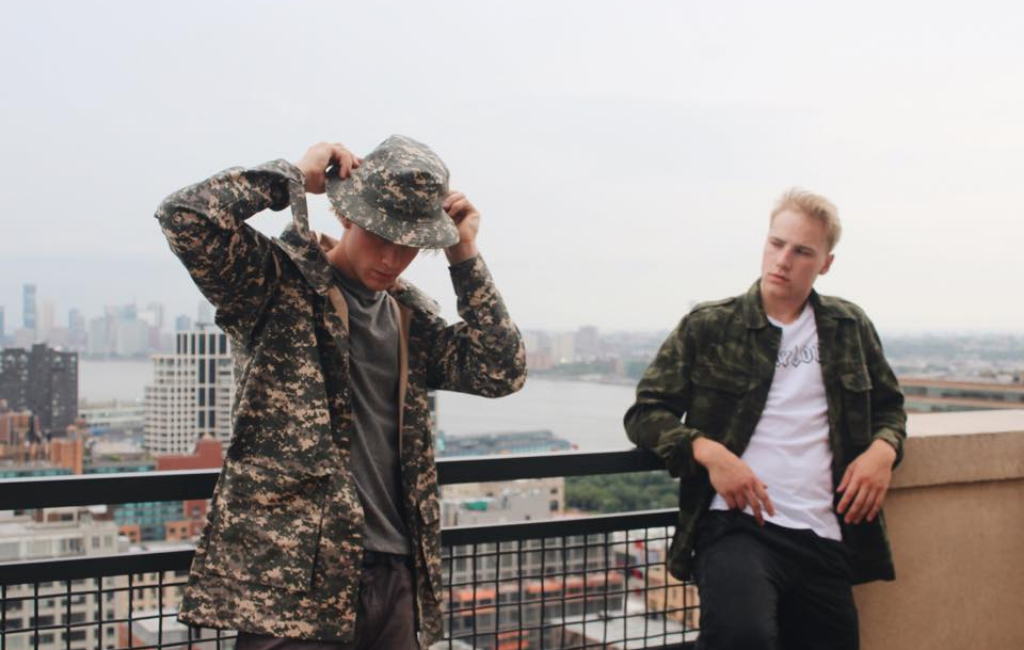
Uniform emerged from the ashes of adversity, a streetwear brand with a purpose — to reshape the fashion industry by producing luxury-quality clothing with minimalist hip hop-infused designs, all crafted in Africa. The brand’s commitment goes beyond fashion, incorporating a social initiative named the +1 program. For every purchase, Uniform donates a school uniform to a child in need, contributing to education and empowering local communities.
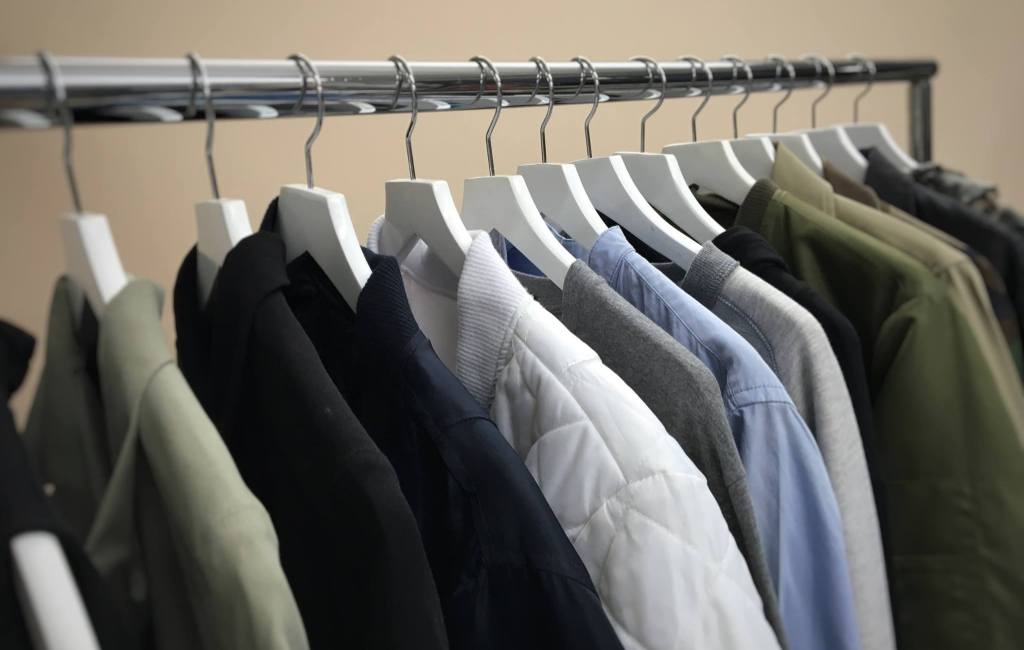
The Product
Uniform offers a distinctive collection of ethical streetwear, meticulously crafted in African countries such as Egypt, Ghana, and Liberia. The product line includes a range of items, from luxuriously soft T-shirts to best-selling women’s jumpsuits and reversible bomber jackets. The designs are characterized by minimalist aesthetics infused with elements of hip hop culture, setting Uniform apart in the fashion landscape.
The brand’s commitment to ethical production extends beyond style, as each piece represents a fusion of fashion and social impact. Uniform operates on a unique model – for every item purchased, the brand donates a school uniform to a child in need through its signature +1 program. This philanthropic initiative not only ensures that customers receive high-quality, culturally rich clothing but also contributes to the education and empowerment of children in developing regions.
Uniform’s offerings are versatile, catering to a diverse audience with a keen eye for fashion and a heart for social responsibility. The products, priced affordably with the reversible bomber jacket, a standout piece, retailing for $88, have garnered attention both online and in retail spaces like Bloomingdales. The brand’s website serves as a platform for online purchases, making these ethically produced, culturally inspired garments accessible to a global audience. By seamlessly integrating fashion and philanthropy, Uniform invites customers to be part of a larger mission while enjoying stylish, high-quality clothing that makes a positive impact.
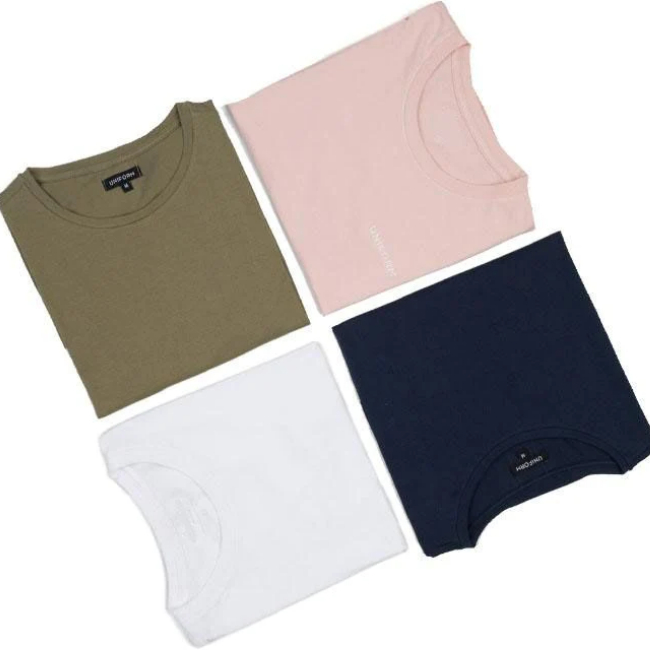
How It Went
The company’s position before Shark Tank
Uniform has showcased a resilient trajectory in its performance, marked by strategic moves and a commitment to its social mission. The company initiated its journey with a Kickstarter campaign that successfully raised $400,000, demonstrating early enthusiasm for its unique blend of fashion and philanthropy. In the subsequent year, Uniform achieved $300,000 in sales, with a notable presence in Bloomingdales, a renowned retail partner. The company’s financial health has faced challenges, particularly during the Ebola Outbreak, which led to a temporary shutdown. However, the founders’ adaptability and innovative thinking transformed this setback into an opportunity to repurpose fabric into school uniforms, giving rise to the brand’s current mission.
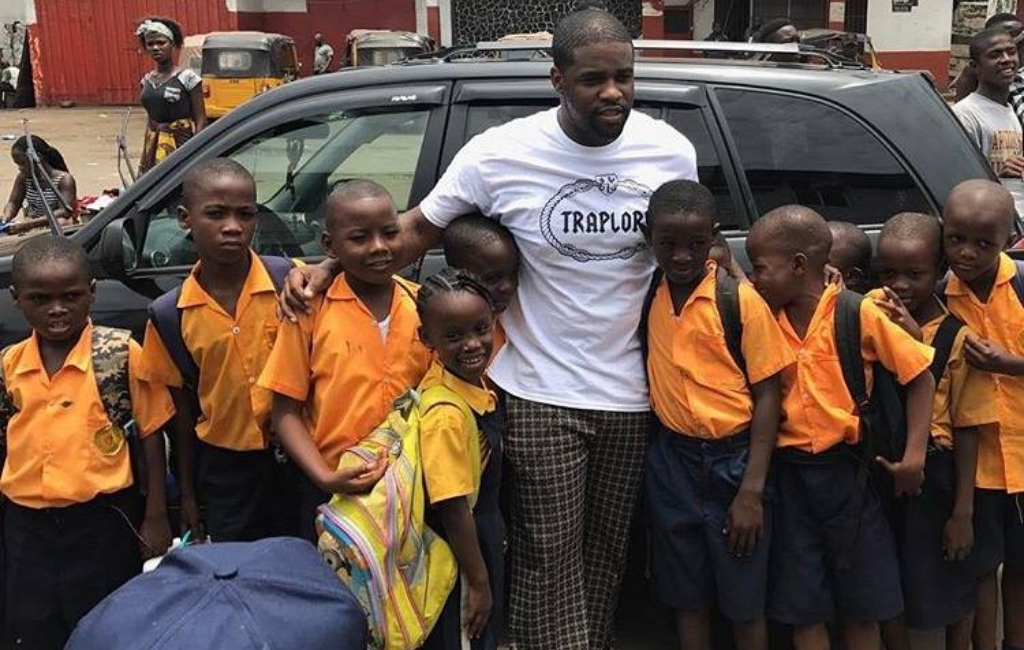
Despite the initial hurdles, Uniform is strategically positioned for growth, with plans to launch in Target, a move that could significantly expand its retail footprint from 13 stores to potentially 1,300. Uniform’s current structure is rooted in its commitment to ethical production. The brand collaborates with the best producers in African countries like Egypt, Ghana, and Liberia, ensuring that its clothing is 100% made in Africa. The manufacturing process supports thousands of working women in safe factories throughout the continent, aligning with the brand’s dedication to social responsibility.
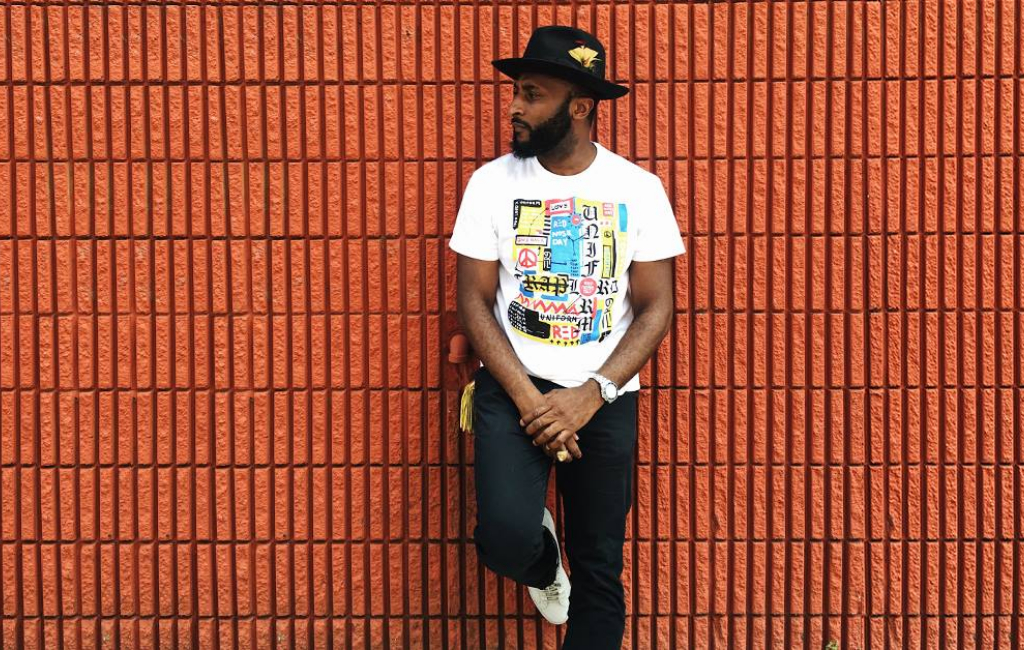
While the company’s revenue streams have included retail sales, particularly at Bloomingdales, and a Kickstarter campaign, the founders indicated a shift towards online sales with the launch of their website in November. The balance between retail and online sales is approximately 70% retail and 30% online. This diversification in sales channels showcases the company’s adaptability to the evolving market landscape. Uniform’s funding history includes the initial Kickstarter campaign, but the details of their current funding sources are not explicitly provided in the transcript. The brand’s future plans include a significant expansion into Target, a move that indicates a strategic partnership and potential collaboration with a major retail player.
The Negotiations:
In the Shark Tank negotiations, Uniform’s founders, Chid Liberty and Adam Butlein, sought a $300,000 investment in exchange for a 10% equity stake in their socially conscious streetwear brand. The Sharks, while impressed with the mission and impact, raised concerns about the competitive nature of the clothing industry. Mark Cuban and Lori Greiner decided not to invest, drawing on past experiences with similar businesses facing challenges in the competitive clothing market. Kevin O’Leary offered mentoring support without a financial investment, emphasizing the difficulty of the clothing business and the risks associated with inventory management.
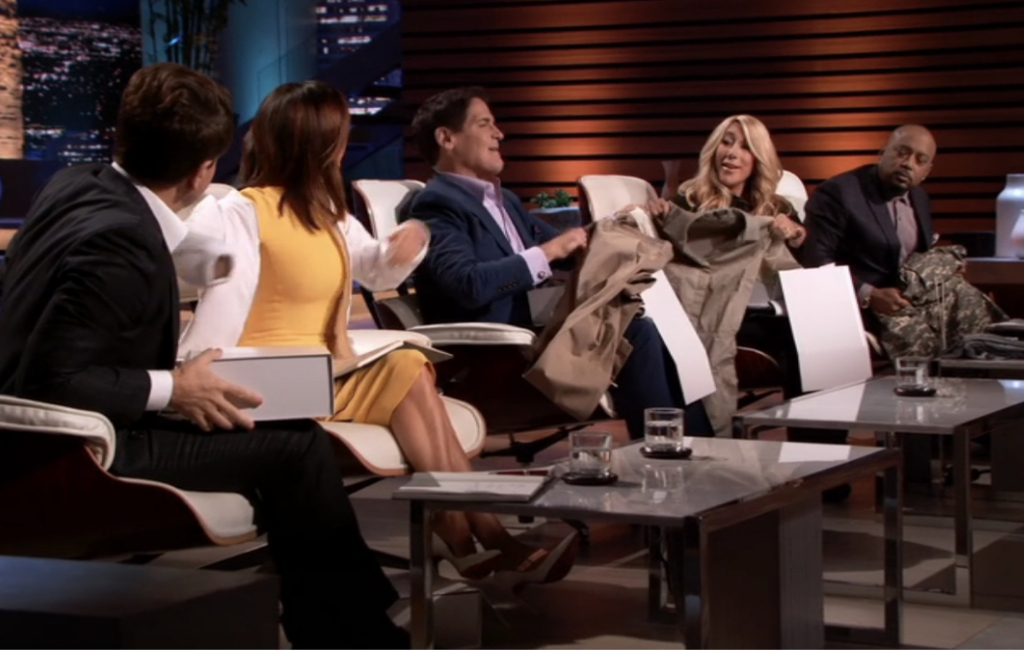
Bethenny Frankel acknowledged the brand’s potential but chose not to invest. Daymond John, recognizing the value of the mission, expressed reservations about the challenges in the clothing industry. He offered mentoring support but didn’t see himself as a suitable partner for Uniform. The negotiation highlighted the inherent difficulties in the fashion industry, with Mark Cuban and Lori Greiner referencing a previous investment that ended in bankruptcy.
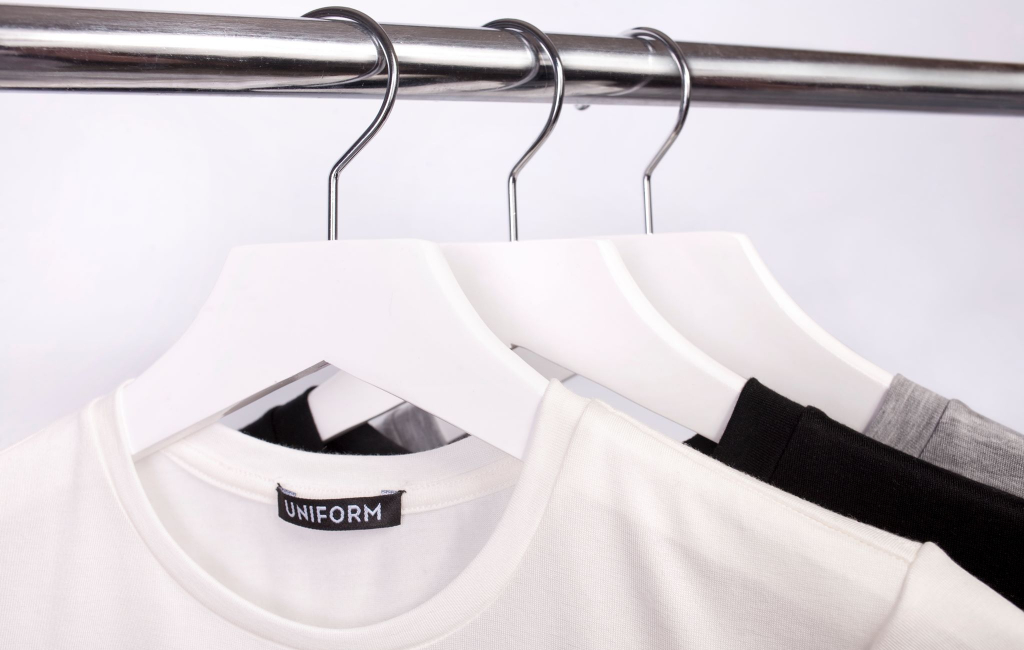
Despite the Sharks’ admiration for the social impact and the brand’s unique mission, none of them made a financial offer. The founders left the Tank without securing a deal, but with offers of mentorship from Kevin O’Leary and Daymond John. While the lack of a financial deal might be viewed as a setback, the exposure on Shark Tank and the positive feedback from the Sharks could potentially open doors to strategic partnerships or collaborations in the future. The negotiation showcased the challenges and opportunities inherent in marrying fashion with a socially impactful mission within the competitive landscape of the clothing industry.






